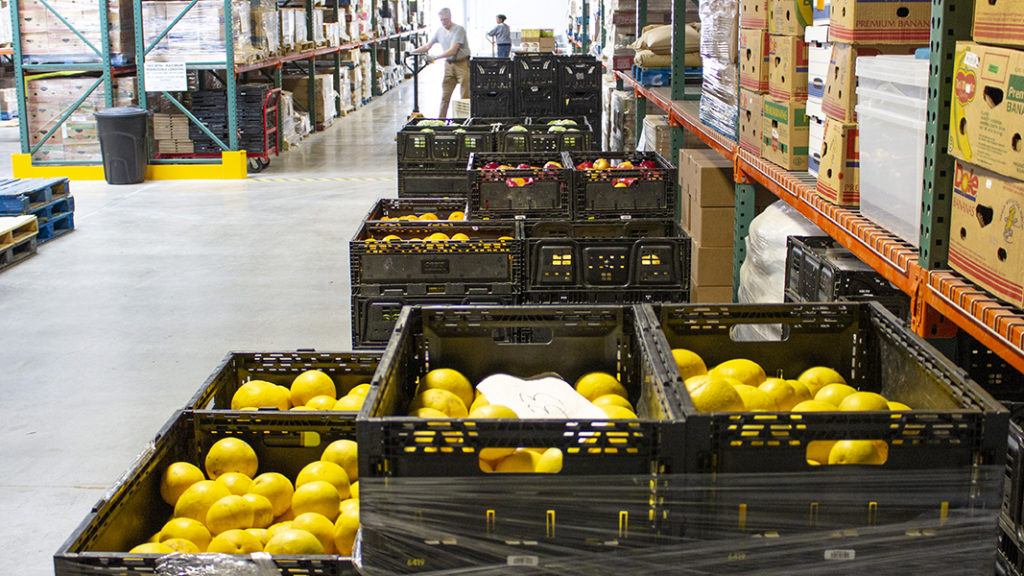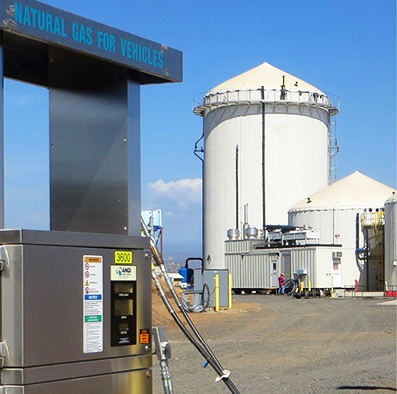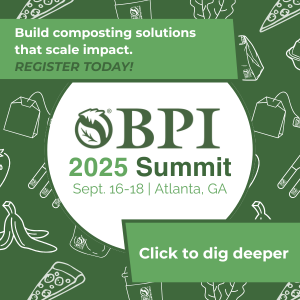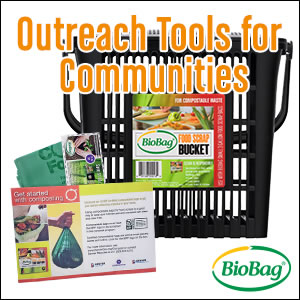Top: Jepson Prairie Organics, Vacaville, CA
On November 3, 2020, CalRecycle received a Notice of Approval of Regulatory Action (pdf file) from the Office of Administrative Law (OAL) on its SB 1383 Short-Lived Climate Pollutants regulations, making them final and set to go into effect on Jan. 1, 2022. The regulations, initially submitted to OAL for review on Jan. 21, 2020, went through several “nonsubstantive” revisions and public comment periods before they were approved. SB 1383 requires a 50 percent reduction in organic waste disposal from 2014 levels by 2020, and a 75 percent reduction by 2025 — essentially requiring the diversion of up to 27 million tons of organic waste — to reduce greenhouse gas (GHG) emissions. In addition, SB 1383 requires that not less than 20 percent of edible food that is currently disposed be recovered for human consumption by 2025.
The enforcement provisions of the SB 1383 regulations also become effective on Jan. 1, 2022. On Jan. 1, 2024, the regulations may require local jurisdictions to impose penalties for noncompliance on regulated entities subject to their authority. With OAL’s sign-off on the regulatory package, CalRecycle’s draft model tools that it released several months ago are also now final. The model tools include a franchise agreement, mandatory organic waste disposal reduction ordinance, procurement policy, and edible food recovery agreement. CalRecycle’s SB 1383 website includes other resources for implementation of the law.
Reductions of short-lived climate pollutant emissions, including methane, are one of the state’s five key climate change strategy pillars necessary to meet California’s target to reduce GHG emissions 40 percent below 1990 levels by 2030 as established in SB 32, the Global Warming Solutions Act of 2006. SB 1383 further supports California’s efforts to achieve the statewide 75% recycling goal by 2020 established in AB 341 (2011) and strengthen implementation of mandatory commercial organics recycling established in AB 1826 (2014).















